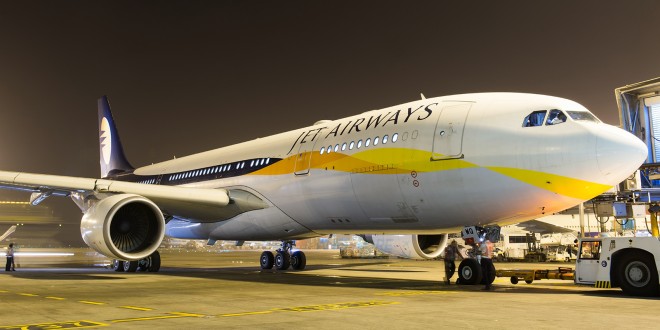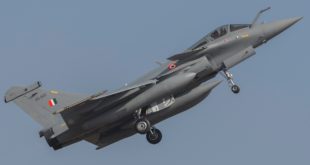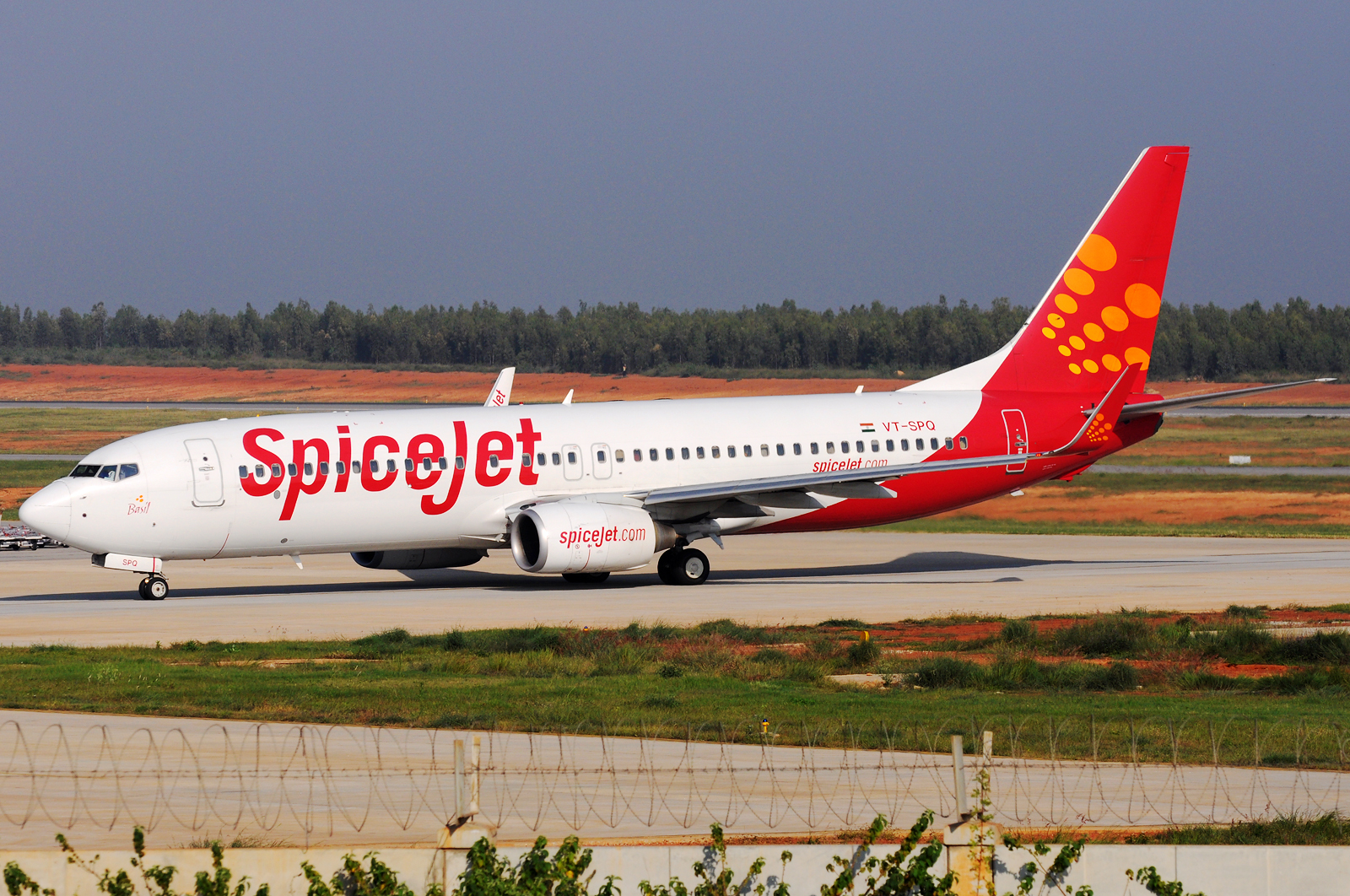It has been almost a month since India’s largest airline Jet Airways announced that it was cancelling its flights between Chennai (India’s third largest city) and its once robust scissors hub in Brussels, and I still am having trouble fully understanding the impetus behind the decision, though I do believe that there is a scenario where the move(s) made by Jet do make sense. The cancellation left Jet Airways with just 4 daily flights in Brussels; Mumbai and Delhi on the Indian side – Newark and Toronto on the North American side.
Separately, Jet Airways appears to be launching a daily Bangalore – Munich terminator as Jet Airways flights 152/153, though the route has not yet been officially announced by Jet Airways and the winter 2012-2013 flight schedules have not been finalized.
The elimination of Chennai-Brussels flies in the face of the strategy we outlined earlier this year for Jet Airways’ North American operations, which called for an expansion of the scissors hub. From a practical perspective, it reduces the value of Jet Airways to Star Alliance (by eliminating a hub-hub route), while also reducing the attractiveness of Jet Airways to the rapidly burgeoning merchant and manufacturing travel base in Chennai by eliminating the direct flights.
Adding Bangalore-Munich makes more sense, especially if the expanded partnership between Jet Airways and Lufthansa comes to fruition. Even with a Lufthansa partnership, 9W 153 is not timed optimally to connect into Lufthansa’s North American bank in mid-afternoon; the 8:35 am arrival would require a 6-7 hour connection for most US destinations. The United, US Airways, and Air Canada flights are timed a little bit closer to the Jet Airways arrival but the business case seems to be primarily built on European connections.
As of right now, Jet appears to have no immediate plans to terminate the Mumbai-Newark and Delhi-Toronto services through Brussels. What this implies is that Jet Airways plans to continue with both a European operation to Munich, and a North American operation through Brussels. This sort of split operation is typically a bad idea, because instead of a strong European operation in one place, you can end up with a weaker operation in each of two places. That being said, there is a scenario under which the switch would make sense.
Since Jet Airways currently under-utilizes its fleet of Airbus A330-200 aircraft, two A330s could be dedicated to Munich flights from Bangalore and Chennai. The purpose of these flights would be to feed into Lufthansa’s Munich hub and secure the two major Indian cities currently outside of Lufthansa’s destination portfolio in Munich. The flights would be timed to depart India in the early morning (between 6 and 8 am), and arrive in Munich around noon.
The critical piece is securing membership in the Trans-Atlantic joint venture (JV) partnership between Lufthansa, United, Swiss, Austrian Airlines, and Air Canada. The JV offers its members anti-trust immunity (ATI) for all trans-Atlantic flights. In practice, this means that the airlines can act like one business across the Atlantic; sharing the costs and profits of their respective trans-Atlantic network proportionally to their size, jointly marketing and selling trans-Atlantic tickets, and most importantly being allowed to coordinate and discuss strategy. It doesn’t matter to United if a passenger flies Lufthansa’s Frankfurt-Newark leg or United’s; because United will still get a share of the profits.
Without membership in this JV, the Munich flights by Jet will have to be treated as Indian competition for Lufthansa’s lucrative business here (especially in Bangalore). Once under the umbrella of ATI, these flights can instead be treated as strengthening additions to the Star Alliance hub in Munich – giving Jet a shot at financial viability. I am still not fond of Jet’s decision to abandon Chennai-Brussels and add Bangalore-Munich, but I can understand the strategy behind it.
 Bangalore Aviation News, Reviews, Analysis and opinions of Indian Aviation
Bangalore Aviation News, Reviews, Analysis and opinions of Indian Aviation





Has jet terminated Bangalore Munich route
Was never there? Sadly no 9W(or any Indian Carrier’s) wide bodies in BLR. AI’s 787 to DEL- don’t know how long? Still remember IC’s A300s at HAL and of course the short-lived IT’s BLR-LHR A330
Now the 9W- EY tie ups/codeshares !!